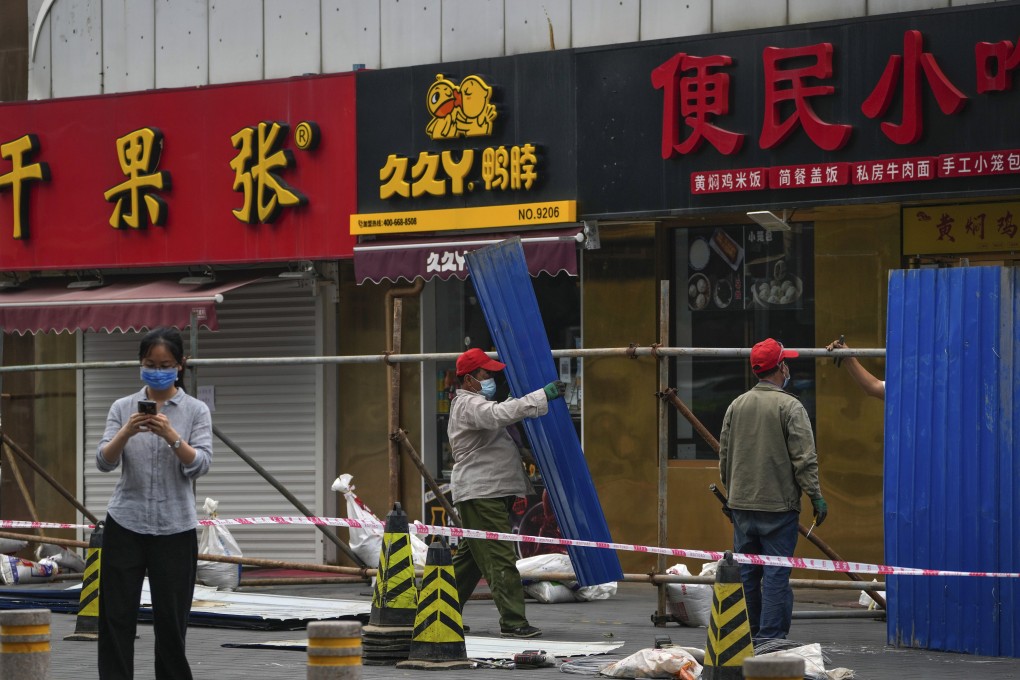China’s consumption problem rooted in fears and uncertainties, while vouchers have limited appeal
- People have become increasingly reluctant to spend on non-essential items, even as the central and local governments ease restrictions in coronavirus-hit areas
- Consumption vouchers and tax breaks may be failing to generate interest that authorities hoped to see, with households ‘not considering any major purchases’

As she was entrenched at home during the coronavirus-induced lockdown of Shanghai last month, Jia Jingwen became increasingly anxious due to her limited access to food and essential household goods.
For her and many others, government handouts were inadequate, so they tried their luck at securing vegetables and various supplies through online orders. But resources were limited and costly, and there was a risk that the delivery of their orders would be forbidden due to strict lockdowns.
At one point, she even vowed to herself that she would spend with a vengeance when the two-month lockdown came to an end. And when she was finally able to venture out earlier this month, she set out to stock up on supplies for the Dragon Boat Festival.
“But when I stood in the crowded mall, thinking about the two months of overpriced vegetables and the monthly rent I had to pay, I just bought my groceries, packed up my [takeaway] lunch and went straight home,” said Jia, who works in human resources for a private firm in Shanghai.
Jia’s situation mirrors that of many Chinese, and theirs are probably not the types of stories that Chinese leaders want to hear as they do all they can to get people to spend money and help reinvigorate the stagnated economy after multiple coronavirus outbreaks since March hindered mobility and sapped people of their willingness to consume.
But such widespread apprehension to spend is rooted in uncertainties and fears that the worst is not yet behind them – that more lockdowns and restrictions could come as the central government steadfastly adheres to its zero-Covid policy.